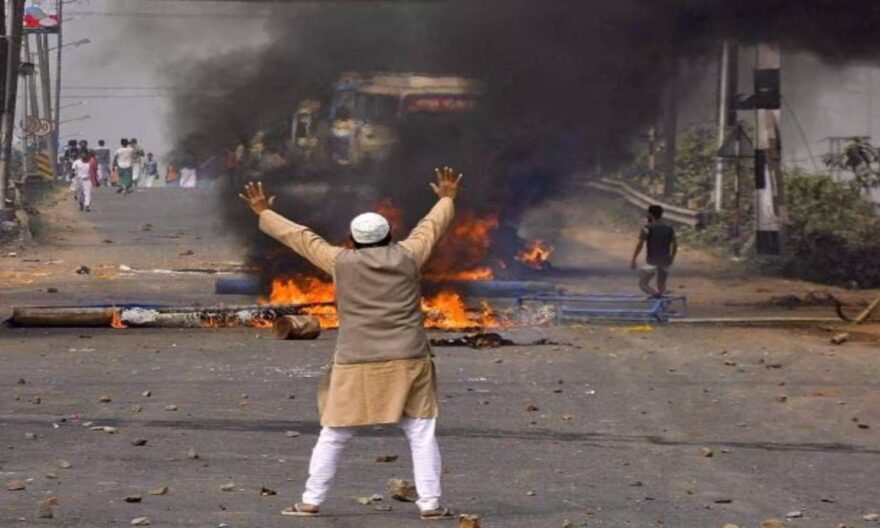
The Supreme Court has upheld the Calcutta High Court’s decision and directed the National Investigation Agency (NIA) to investigate the violence that occurred on the day of Ram Navami in West Bengal. This order has dealt a significant blow to the Mamata government in the state.
Previously, the Calcutta High Court had also ruled in favor of an NIA investigation into the Ram Navami violence. In response, the West Bengal government filed a Special Leave Petition (SLP) in the Supreme Court challenging the High Court’s decision.
However, the Supreme Court, comprising Chief Justice DY Chandrachud and Justices JB Pardiwala and Manoj Mishra, declined to entertain the SLP, affirming the necessity of an NIA investigation.
The West Bengal government criticized the High Court’s decision to transfer the probe to the NIA, arguing that no explosives were used during the violence. The state government’s counsel further claimed that the High Court’s order was politically motivated, based on a PIL filed by Suvendu Adhikari, the leader of the opposition in the state assembly.
The High Court’s observation of violence during and after the Ram Navami celebrations at Shibpur in Howrah and Rishra in Hooghly districts led to demands for an NIA probe by Suvendu Adhikari, citing the involvement of foreign suspects. The Calcutta High Court, after hearing all parties’ arguments, ordered the investigation to be handed over to the NIA.
The High Court instructed the state police to provide all FIRs, documents, seized material, and CCTV footage to the NIA within two weeks from the date of receiving the order. Several FIRs were registered in four police stations between March 30 and April 3.
During the Supreme Court proceedings, Solicitor General Tushar Mehta accused the West Bengal government of opposing the NIA probe to protect certain criminals. He also stated that the state government had not cooperated with the NIA even after the High Court’s order. In response, the counsel for the West Bengal government, advocate Gopal Shankar Narayan, refuted the allegations, asserting that the accused arrested by the state government belong to various communities.
The counsel argued that the alleged “explosives” used were actually smog bombs, and it is unfortunate not to trust the state authorities’ investigation. Additionally, the counsel mentioned that during the Ram Navami procession, there were six incidents over four days. While the High Court ordered an investigation in one FIR, the NIA’s notification included a total of six FIRs. Despite these arguments, the Supreme Court rejected all the contentions put forward by the West Bengal government’s counsel and refused to interfere with the Calcutta High Court’s order




